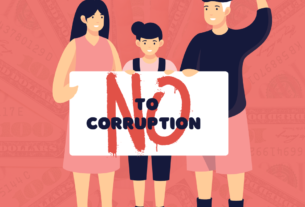SRINAGAR – The air in Kashmir, usually scented with blooming flowers and buzzing with the hum of excited tourists, has suddenly turned heavy. The houseboats sit quietly on Srinagar’s serene lakes. The streets, once alive with chatter and footsteps, now echo with silence. War drums from across borders have muffled the songs of celebration that once defined Kashmir’s tourist season.
After a tragic attack that claimed the lives of 26 innocent visitors, fear has gripped the region. In response, tourists—who had flocked here in record numbers just last year—have disappeared almost overnight. The valley, a place where families built livelihoods around the warmth of hospitality, now stares into an uncertain future.
“I had no time to rest—our houseboats were full,” says Yaseen Tuman, a veteran of Kashmir’s travel industry, whose family business spans more than a century. He now sits alone on an intricately carved wooden sofa, looking out at the still waters of Nigeen Lake. “Today, not a single guest. Everything changed in a moment.”
Despite online travel portals listing up to 70% discounts on stays, Tuman isn’t optimistic. “Why lower prices if no one’s coming?” he shrugs. “We’re preparing for a long lull.”
Across the border in Pakistan-administered Kashmir, the popular hill station of Pir Chinasi is also eerily quiet. Neelum Valley, usually packed with families escaping the scorching heat, is now closed to visitors. Abrar Ahmad Butt, who represents the region’s hotel association, says all 370 hotels and guesthouses are vacant. “It’s going to hurt badly this season,” he says with a sigh.
For many like Musaddiq Hussain, who runs a small tuck shop near Pir Chinasi, the economic toll is deeply personal. “Business is completely down. We need peace. Only peace will let us prosper again.”
Even those who have dared to visit, like Syed Yasir Ali and his family, say the fear may be overblown—but the damage is already done. Taxi driver Tanveer echoes the despair: “I used to have so many rides I couldn’t take a break. Now, I wait all day for just one passenger.”
The people of Kashmir—on both sides—are caught in the crossfire of something much larger than themselves. But behind every statistic is a story, a family, and a plea: not for conflict, but for calm; not for politics, but for peace.





